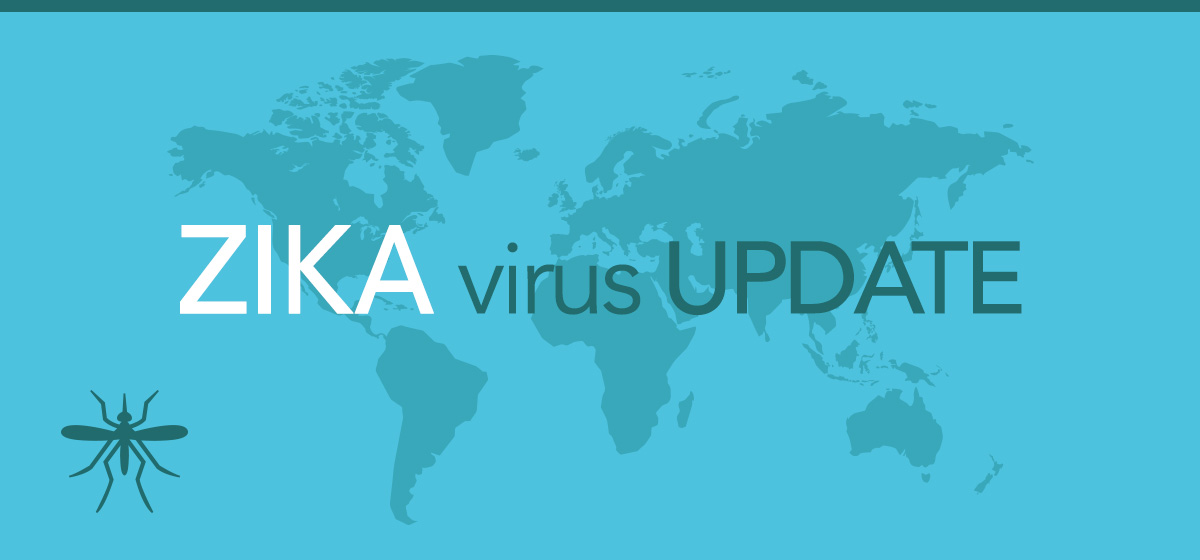The Centers for Disease Control (CDC) and Florida Department of Health have reported that Zika has been transmitted locally in South Florida, which have been found mostly in a small area just north of downtown and south of Miami Shores.
The safety of our Barry students, faculty and staff remains our number one priority. Barry University is following the recommendations of Miami-Dade County for area spraying. We will continue to treat the interior campus as needed with our contracted exterminator.
Zika is considered a mild illness, only one-in-five people infected with the Zika virus will be symptomatic. It is mostly a concern for women who are pregnant or expecting to become pregnant in the next six months.
Prenatal and sexual transmission has also been reported; anyone who is sexually active is urged to use protection. Pregnant women are the most at risk population due to the link between the Zika virus and birth defects.
Severe disease requiring hospitalization is uncommon. Signs and symptoms of Zika fever may include: acute onset of low-grade fever, rash, joint pain, conjunctivitis (reddening of eye), body aches, headache, eye pain, and vomiting. Because there is no specific treatment or vaccination against the virus, the illness is treated symptomatically. Symptoms typically resolve themselves within a week.
Please ensure that you take necessary precautions. The best way to prevent Zika is to prevent mosquito bites. The CDC recommends the following measures:
- Use EPA registered insect repellent
- Wear long sleeves
- Stay indoors with air conditioning
- Ensure windows and doors are properly closed and secured
- Report standing water immediately
Student Health Services is giving out mosquito repellent as a courtesy.
It is important to keep in mind that the Zika virus can be spread through sexual transmission. The CDC recommends that if you or your partner has traveled to an affected area in the past two weeks - especially if you or your partner is pregnant or trying to get pregnant – to use barrier method of protection.
For more information regarding Zika, visit www.CDC.gov/Zika.

